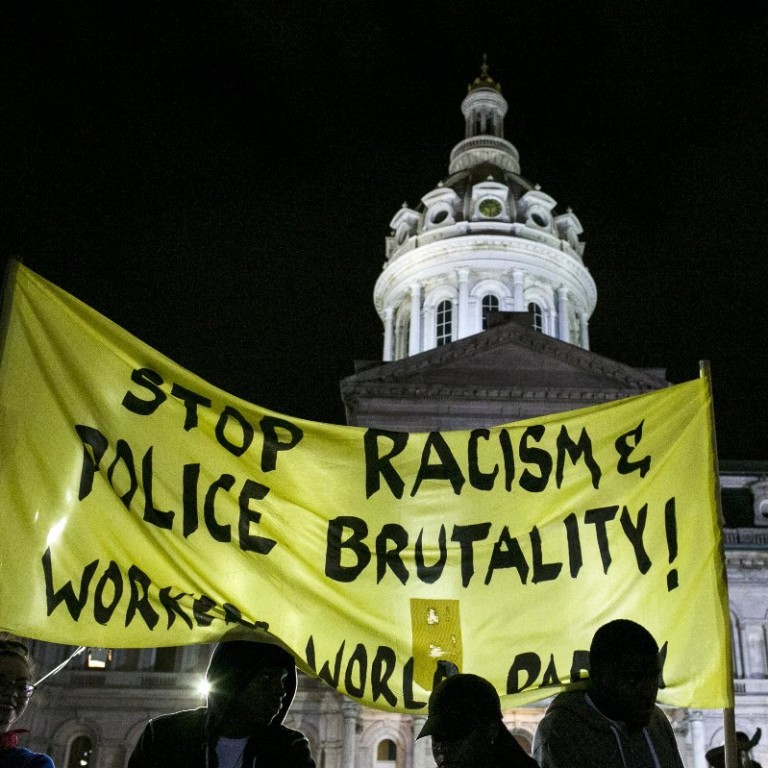
How They See It, May 3, 2015
Baltimore riots after the death of Freddie Gray
1. The Wahsington Post
Amid the chaos on Baltimore's streets stood Robert Valentine. "I love my Charm City", the Vietnam war veteran told a reporter, explaining why he braved the rocks, bottles and other things being thrown around to tell those agitating to go home. Even as Baltimore comes to grips with the violence that tore neighborhoods apart, it can rejoice in the efforts of everyday citizens doing their part to repair a broken city. The suspicious death of a black man in police custody and the unrest that followed his funeral put Baltimore in the national spotlight. No less newsworthy are the Samaritans who tried to disperse crowds and, in some cases, put themselves between protesters and police. Washington
2. Coloradoan
Every one of us knows what's happening in Baltimore. We've watched the news. We've seen the videos of arson, rock-throwing and looting that erupted. We've heard the words of pain over the death of Freddie Gray. We are watching the violence unfold thousands of miles away. But we can use this as a launching pad to reflect on our own city, asking the question: "Could this happen here?" How can we make sense of what's going on and use it to shape a better future for all? It's about taking time to answer questions. For example, about why someone may celebrate Ramadan instead of Easter. So let's take time to understand one another and listen - really listen - to what the other person is saying. Colorado
3. Los Angeles Times
Half a century ago it would have seemed unthinkable that people then living would see an African American as president of the United States, or as a mayor or police chief in a city like Baltimore. But it is as unthinkable today that arrests continue to result in so many deaths and that the suspects-turned-victims still are so disproportionately African American. Many commentators argue the violence in Baltimore is not just about race, but is a result of economic disparity and successive generations of youths stuck in failed schools and neglected neighbourhoods. That discussion cannot be allowed to sideline much-delayed progress in the basics of police patrol and arrest. Los Angeles
